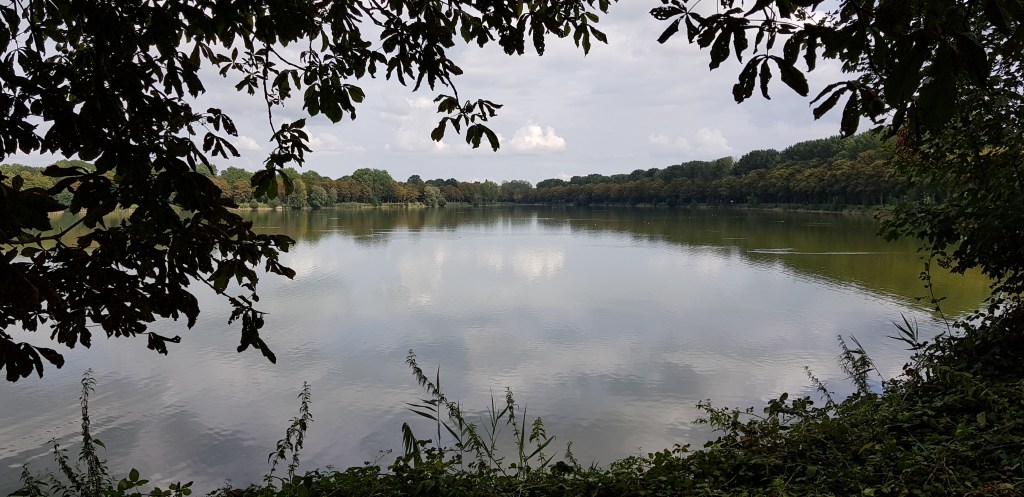And so after a delayed start, we find ourselves at last driving to Dover, Calais bound on the noon ferry. I love the logistics that accompany these crossings. I’m sure that there’s a pertinicky Virgo somewhere, rubbing their hands with glee each time they watch the lanes of ferry bound traffic align into a smooth onboarding – all 285 of them. I can say that, being one myself. There a few things more satisfying than watching a well executed process hit the mark.
Despite the warm conditions Dover is in mist, its famous white cliffs barely visible.
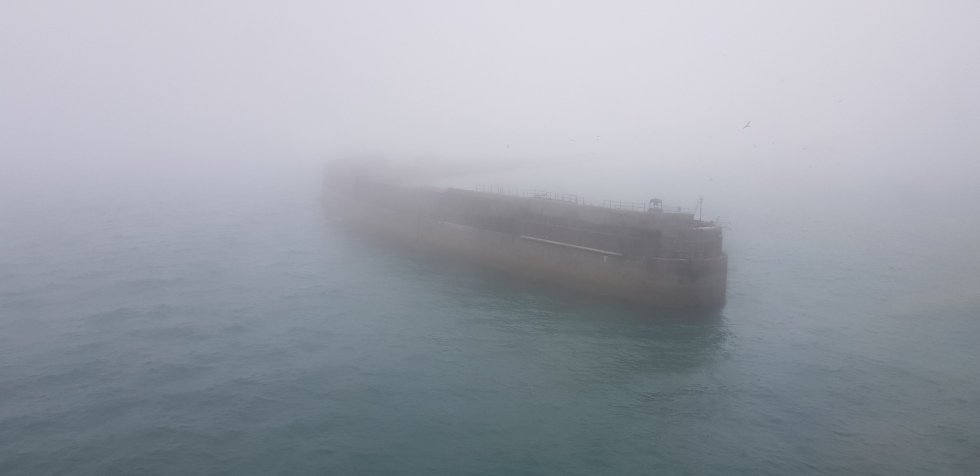
The great thing about the Dover/Calais crossing is its length: we’re barely on and settled before it’s time to go back to the motorhome to disembark.

To pass the time crossing, I’m reading “The Immortal Life of Henrietta Lacks”, having seen the film last year. For those of you who don’t know it, it’s the true account of the first time human cells were kept alive and reproduced in a laboratory environment in the early 1950s. This technique, the donor for which was Henrietta Lacks, a young black woman dying of cervical cancer, has gone on since its inception to underpin almost every modern vaccine we know, identification of chromosomes and then genetic abnormalities, the effect of freezing on cells, space travel, radiation, organ transplantation and endless further scientific and medical conquests. Most of them, in fact. The film left a lot of unanswered questions for me, but the book fills all the gaps. It’s a harrowing read, especially the experimental procedures of the time, carried out on the most disadvantaged members of society, the poor, the mentally unstable, black people, those who could not speak English. Those who were not able to stand up against someone in authority; the doctors who were meant to be treating them to become well. Work that was done in America in the first half of the 20th century would not look out of place in the Nuremberg trials.
Henrietta’s cells were named Hela. They are still in use today. Trillions upon trillions of her cells have been reproduced and sold from the original sample. Her consent was never sought. Her family, at the time of writing of the book, were impoverished, poor beyond our imagination. Henrietta’s treatment and late diagnosis, despite repeated hospital attendances, reads to the modern eye as gross negligence. Reading about segregation in the South, for its hospitals, blood samples, entrances, water taps, everything, is so overwhelming horrible, it’s all I can do to hang my head in shame. I’m gripped by this book, horrified at the cost of modern scientific advancement.
Back to our landing. Calais has stepped up security since we came through last. Following its immigration issues, several miles of razor wire have been installed, dissuading those trying to board crossing vehicles illegally.
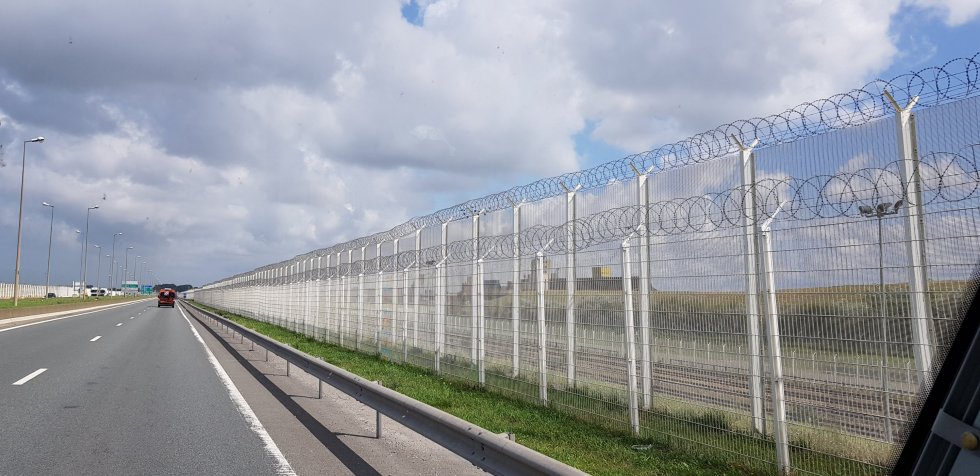
Now, I thought we were France bound, but I very recently discovered that “he who makes plans without me” has a different agenda. He has his eye on Ypres, almost 100 km away, in Belgium. He mutters something about war, significance and battle. I’m pretty sure I caught an undertone tone of “you never let me see any war stuff”. Fascinating, as each time we land in France, we’re in Normandy and therefore visit a new significant war site. But it’s easier to give in…and so to Ypres we head.
The French roads are a blissfully smooth ride after the English shake, rattle and roll country versions. The UK has a high spend on roadworks, but it’s almost all on the motorways. Country roads meanwhile are a patchworked and potholed horror. Six years and three broken wheel rims later, a smooth road is very welcome.
French cows give way to Belgian ones – they have enormously muscular rumps, quite different to the French slim version.
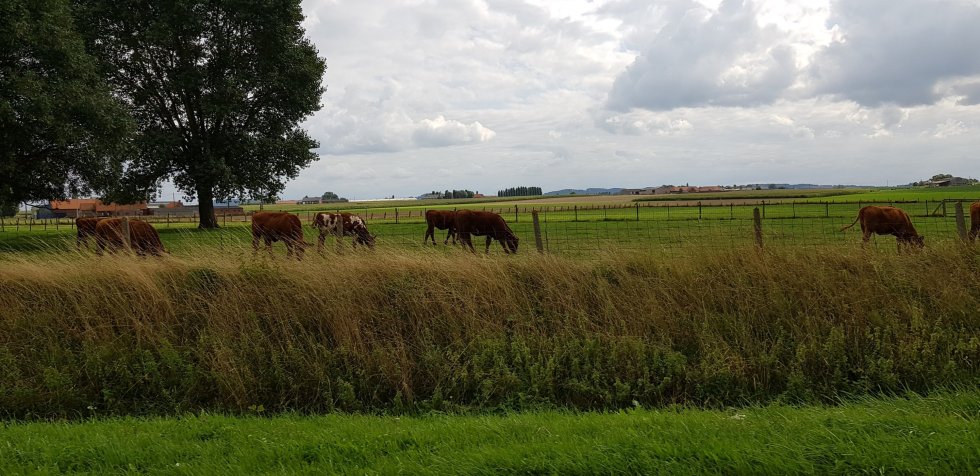
We’re soon in Ypres and settle just outside of town, near a lake surrounded by farmland.

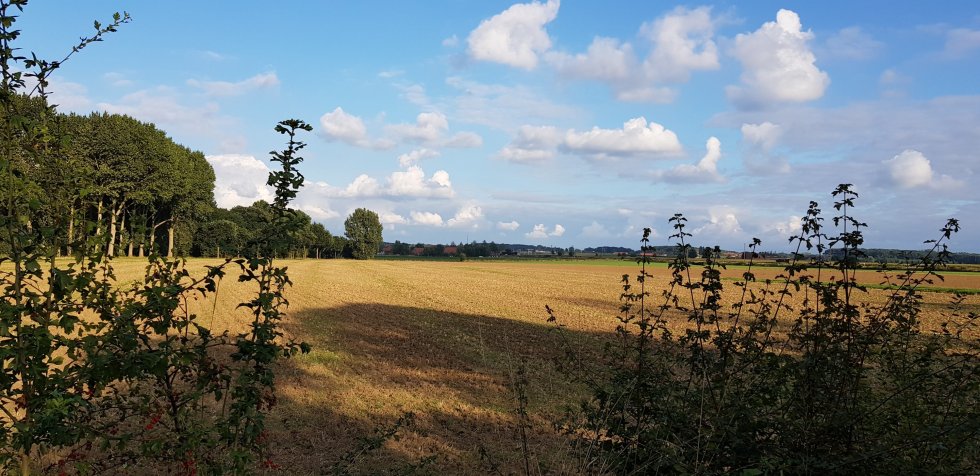
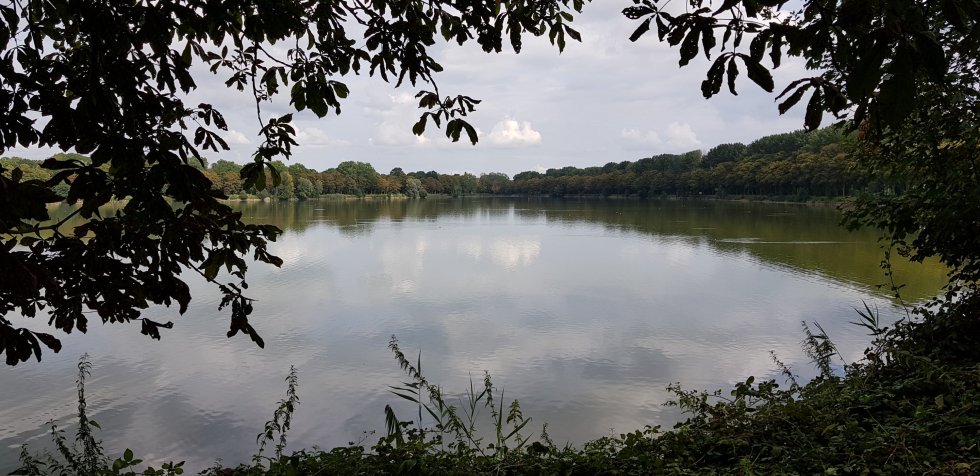
Himself has run out of wine, quelle horreur! A walk into Ypres resolves that issue, but we’re either further out than we think, or we’re lost.
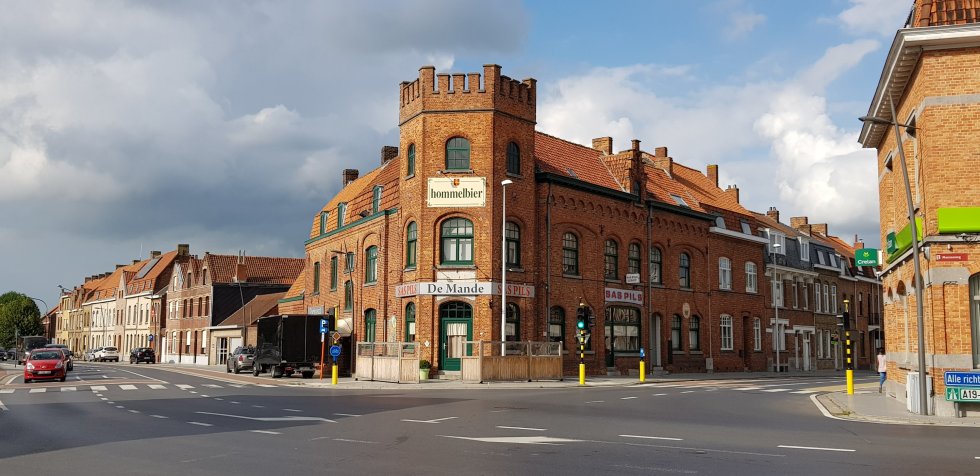
There’s time to get the bikes out tomorrow to resolve that dilemma, but for now there’s a cheese plate calling and the afternoon’s soft light to mesmerise us.

